On the Revelation of Yahshua Christ, Part 19: The Harvests of God
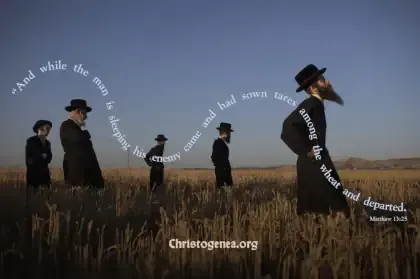
On the Revelation of Yahshua Christ, Part 19: The Harvests of God
In our last two presentations in this commentary, Of Beasts and Tyrants and The Papal Beast, we hope to have demonstrated the correlations with Revelation chapter 13 and Daniel chapters 2 and 7, and especially chapter 7, and how the entire prophecy in Revelation chapter 13 encompasses and summarizes the 2,520 years, or seven times, of the punishment of the children of Israel for their sins, in their captivity. The first half of that period is found in relation to the first beast of the chapter, in the forty and two months of verse 5. Forty-two months is a period of roughly 1,260 days, which is three-and-a-half prophetic times, or 1,260 years. The latter half of that period is not dated in the Revelation, but in relation to the little horn of Daniel chapter 7, which we have identified as the emperor Justinian and his establishment of the office of the papacy, we see in verse 25 that “the saints of the most High … shall be given into his hand until a time and times and the dividing of time.” In that we see the second period of three-and-a-half prophetic times, or 1,260 additional years, which is very close to the period during which the popes of Rome had exercised temporal authority over the Byzantine empire, and within a short time, over all of the kings of Europe.



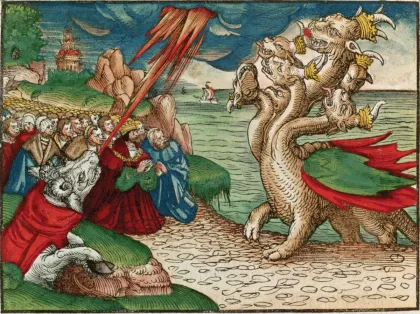
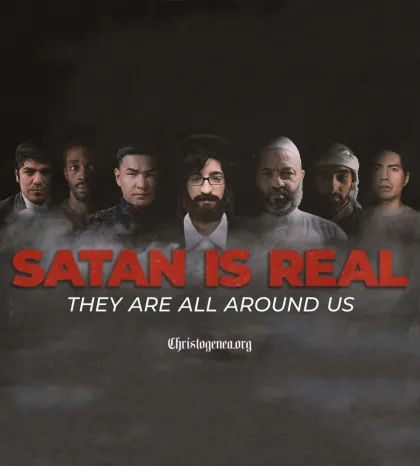

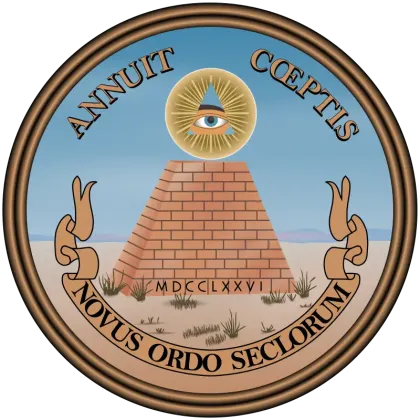




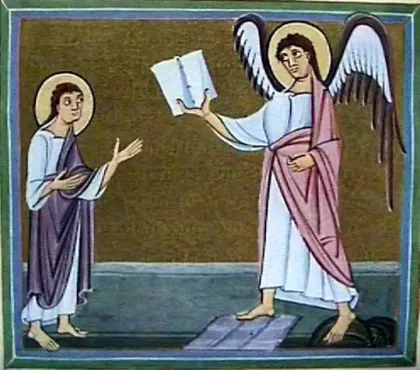
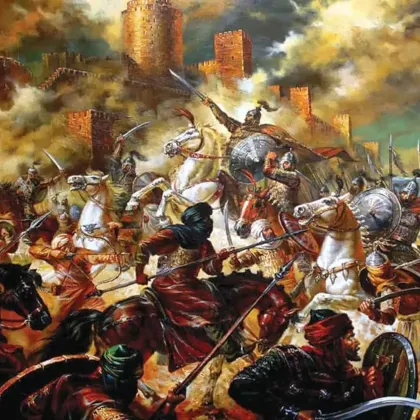

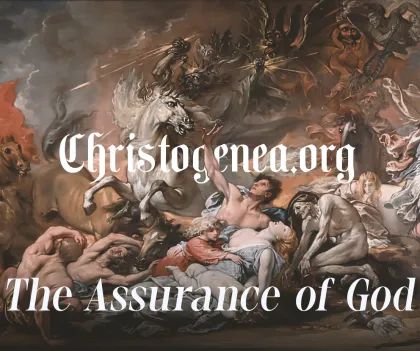


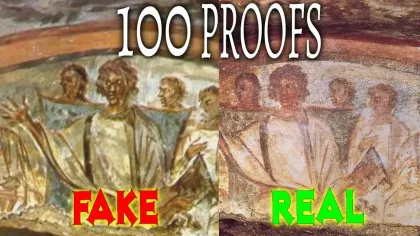
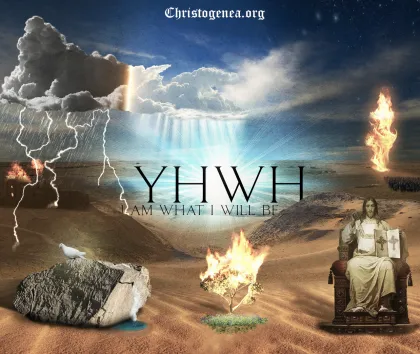
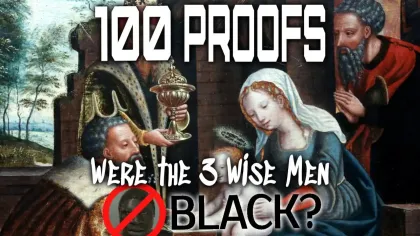




 Please click here for our mailing list sign-up page.
Please click here for our mailing list sign-up page.







